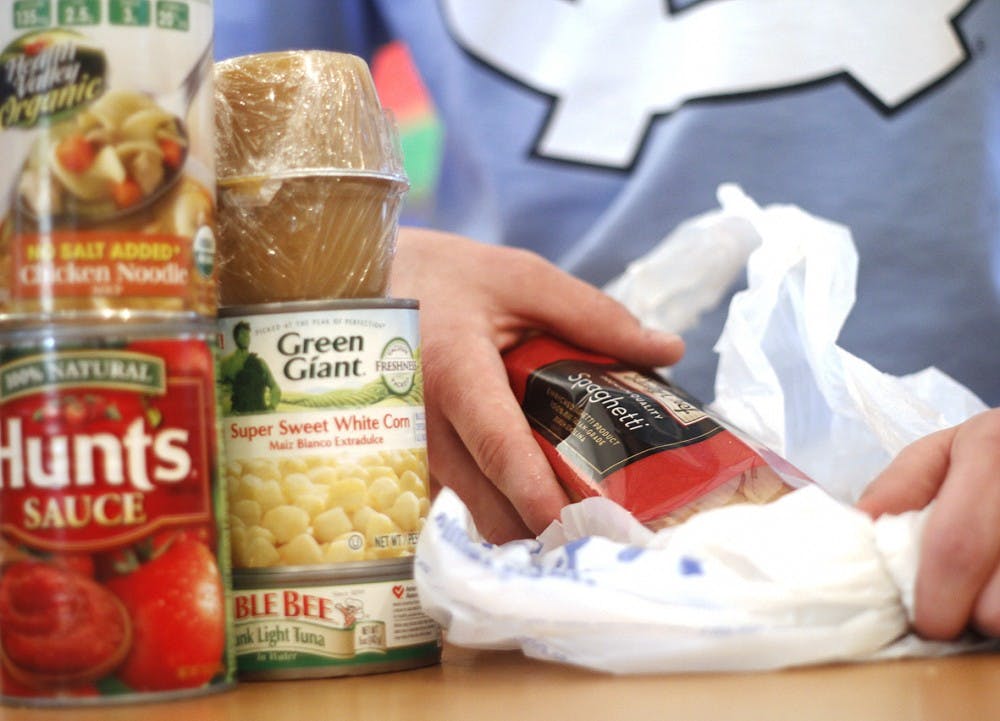March is national nutrition month, but for Orange County officials and organizations, making healthy food more affordable and accessible is a year-round project.
According to a 2009 report from a division of the U.S. Department of Agriculture, parts of Orange County, specifically Chapel Hill and Hillsborough, qualify as food deserts.
The national Healthy Food Financing Initiative defines a food desert as a low-income community where at least 500, or 33 percent of residents have limited access to a supermarket or a large grocery store selling affordable healthy food.
Pam Diggs, health promotion coordinator at the Orange County Health Department, said the county is implementing several programs and working with other organizations to help address low access to healthy food in the area.
One such nonprofit organization, TABLE, feeds 137 local school children every week, providing more than 4,900 pounds of food to students each month.
The organization gives children healthy food for weekends and school vacations and is already preparing for next week’s public school spring break, said Joy MacVane, executive director of TABLE.
“Our goal is to put healthy food directly into the hands of elementary school students on a weekly basis who would otherwise go hungry on weekends and breaks when school-subsidized meals aren’t available,” she said.
MacVane said the group aims to stop Chapel Hill’s food desert from growing.
“These are children whose families would have a hard time getting healthy food on their own due to their proximity to places that sell reasonably priced healthy food,” she said.



